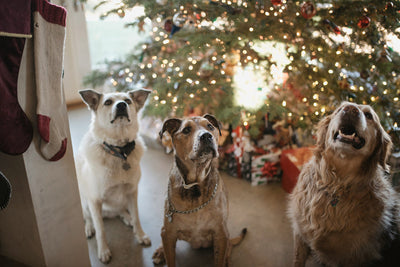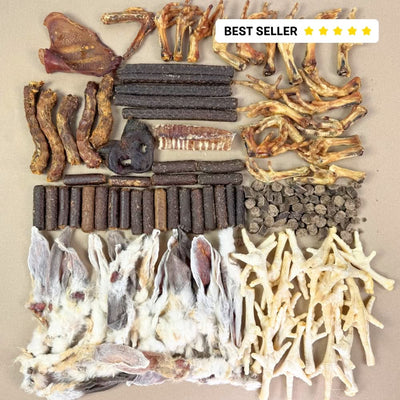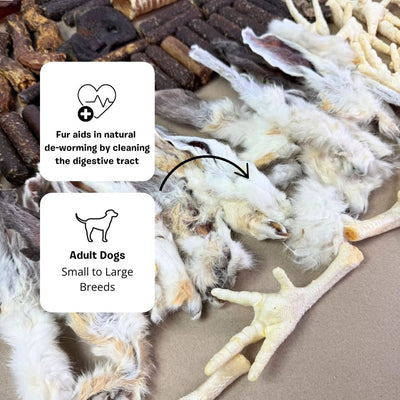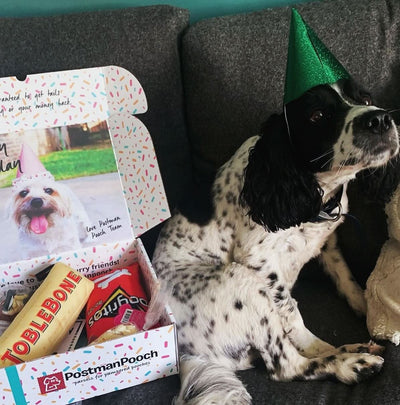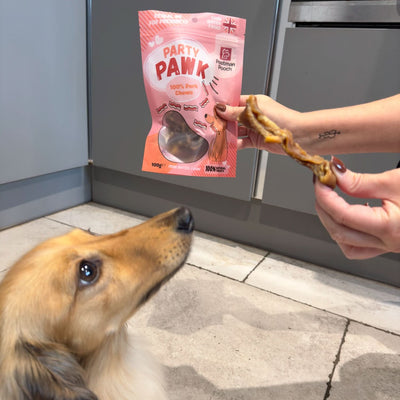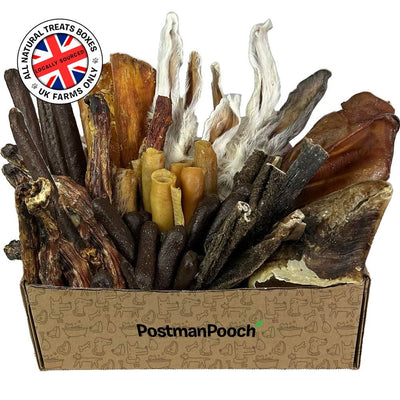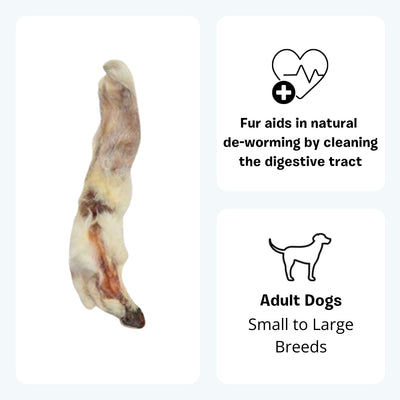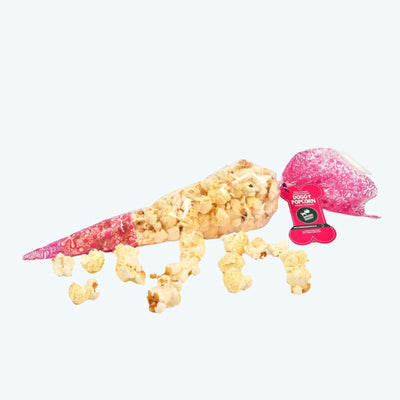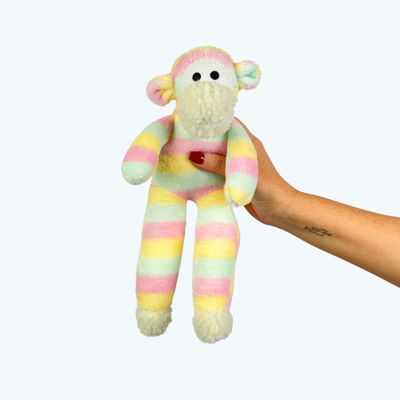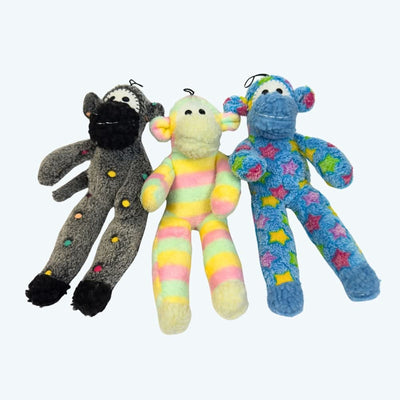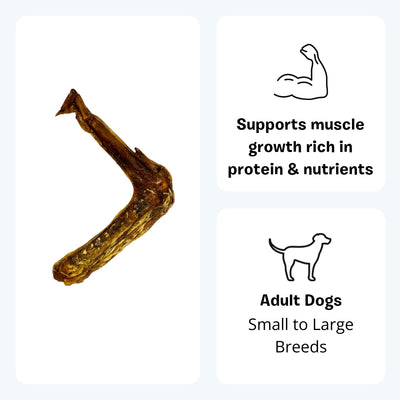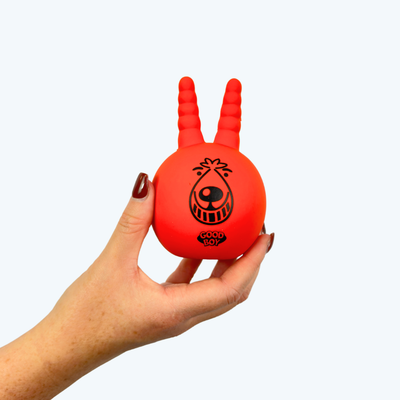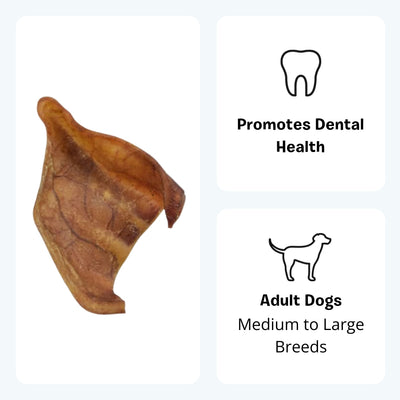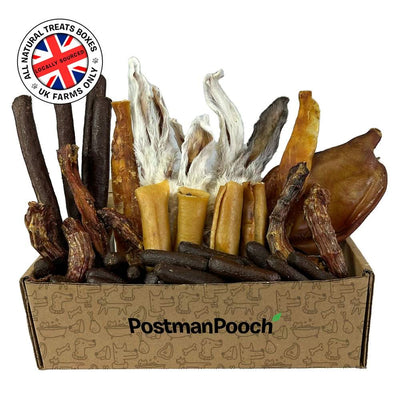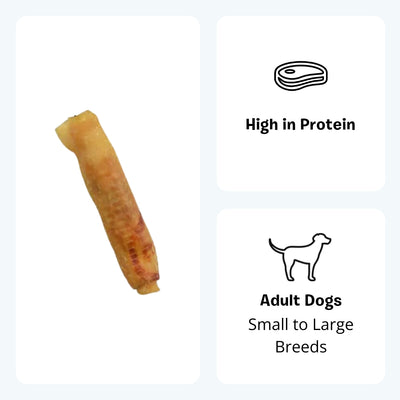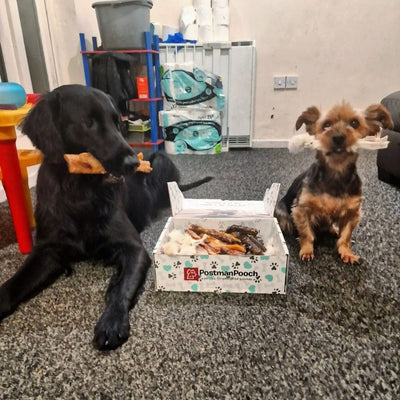As loving pet owners, we often pamper our four-legged friends with treats, snacks, and extra portions of food. However, this excessive love can sometimes lead to weight issues in our pets. Obesity in dogs can be just as detrimental to their health as it is in humans. It’s important to address this issue promptly by providing a balanced diet for obese dogs and helping them shed those extra pounds. In this blog post, we’ll explore the key components of a diet for an obese dog, along with tips to ensure your furry friend’s journey towards a healthier weight is both effective and enjoyable.
Understanding Obesity in Dogs
Before diving into the specifics of a diet for an obese dog, it’s essential to understand what causes obesity in our canine companions. Similar to humans, obesity in dogs is primarily a result of an energy imbalance. When the calories consumed exceed the calories burned, the excess energy is stored as fat. Some common factors contributing to canine obesity include:
- Overfeeding: Giving your dog too many treats or larger meal portions than necessary can quickly lead to weight gain.
- Lack of exercise: Dogs need regular physical activity to maintain a healthy weight. A sedentary lifestyle can result in obesity.
- Breed and age: Certain dog breeds and older dogs may have a higher predisposition to weight gain.
- Medical conditions: Hormonal imbalances, such as an underactive thyroid, can lead to weight problems.
A Balanced Diet for Obese Dogs
The first step in helping an obese dog is to transition them to a well-balanced diet for an obese dog. Here are some key components to consider:
- Consult a veterinarian: Always consult your veterinarian before making any significant changes to your dog’s diet. They can assess your dog’s current health status and recommend the best course of action.
- Proper portion control: Measure your dog’s food to ensure they are getting the right amount. Feeding guidelines on commercial dog food labels can be a helpful starting point.
- High-quality dog food: Opt for a high-quality dog food that meets your dog’s specific nutritional needs. Look for brands that use lean protein sources and avoid fillers like corn and wheat.
- Reduced-calorie dog food: Some commercial dog food brands offer special formulas designed for weight management. These products are formulated to help dogs lose weight in a healthy manner.
- Fresh fruits and vegetables: Incorporate fresh fruits and vegetables into your dog’s diet as healthy treats. Carrots, green beans, and apple slices make excellent low-calorie options.
- Limited treats: Be cautious with treats, as they can add extra calories. Choose low-calorie treats or break regular treats into smaller pieces.
- Gradual changes: When transitioning to a new diet for an obese dog, do so gradually to prevent digestive upset. Mix the new food with the old food over the course of a week or longer.
- Frequent, smaller meals: Split your dog’s daily food into multiple small meals, which can help control hunger and prevent overeating.

Exercise and Activity
In addition to dietary adjustments, increasing your dog’s physical activity is essential for weight loss. Regular exercise not only burns calories but also helps keep your dog mentally and physically stimulated. Engage in activities like daily walks, interactive play, or even doggy swim sessions, depending on your pet’s capabilities.
Consistency is Key
Consistency is key when it comes to helping your obese dog lose weight. Ensure everyone in your household is on the same page regarding feeding and treats. Regular weigh-ins at the vet will help track progress, and any necessary adjustments can be made to the diet plan.
Healthy Treats for Your Obese Dog: A Word from Postman Pooch
In our quest to help your furry friend achieve a healthier weight through a balanced diet for an obese dog, we’d like to introduce you to a valuable resource. At Postman Pooch, we understand the importance of providing your dog with delicious yet low-calorie and low-fat treats.
Obesity in dogs is a serious issue that can lead to various health problems, including joint issues, heart disease, and diabetes. However, with a balanced diet for an obese dog, regular exercise, and the guidance of your veterinarian, you can help your furry friend shed those extra pounds and lead a healthier, happier life. Remember, your dog’s health and well-being should always be the top priority, and together, you can achieve a tail-wagging transformation towards a healthier weight.






